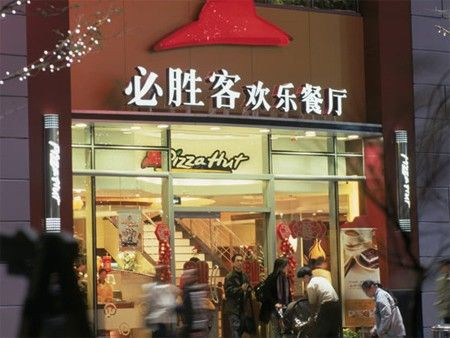Let Them Eat Leftovers: The Next Step In Cracking Down On Chinese Government Extravagance

China’s military has been ordered to initiate a task pivotal to the preservation of China’s central values: Eating leftovers.
According to China’s state-run Xinhua news agency, the General Logistics Department of the People’s Liberation Army rolled out a new plan in support of the government's recent anti-waste campaign. It is said to contain 10 new measures to cut down on wastefulness within the world’s biggest military, including requiring personnel to “make better use of leftovers and food materials.”
“Unfinished rice and other dishes should be recooked into fried rice with eggs and fried steamed bread, and leftover parts of vegetables be made into various pickles and appetizers,” the report said. Military kitchens will also be asked to create standardized food menus that “make the best of every ingredient.”
The new regulations will also extend to the PLA’s top officers as well, by forcing hotels hosting army personnel to cancel minimum-spending requirements and banning "luxury" dishes from being ordered at official receptions.
And though the changes may not be significant in helping China militarily, the new measures will certainly reduce the amount of food that ends up in the garbage after feeding the world’s biggest military with 2.3 million soldiers. China, while having 1.3 billion mouths to feed, also is responsible for startling amounts of wasted food. Studies last year by researchers at the China Agricultural University found that food wasted in one year by Chinese families could feed 200 million people.
This is not the first time China’s military was ordered to cut waste. After being appointed president at last November’s Communist Party congress, Xi Jinping ordered a ban on alcohol at all military banquets and official dinners. According to the PLA Daily, the official newspaper of the military, an airborne unit had spent half of its “reception fees” budget on alcohol.
All of these measures are part of Xi’s plans to rehabilitate the image of the government amid growing public disdain over the nation’s widening wealth gap. Government cuts on banquets and all the bells and whistles that go along with official events (a motorcade, red carpets, flower arrangements, expensive food, etc.) are an attempt at showing the public that the government is serious about rooting out corruption.
Xi’s movement away from government extravagance began at the end of last year. While on his first official trip outside of Beijing, Xi was not welcomed in Shenzhen by the usual pageantry of banners, crowds of people, or a red carpet. Instead, he requested his visit be visually toned down. A photo of Xi sharing a lunch of instant ramen noodles during the trip went viral on China’s Twitter-like microblogging platform, Weibo.
It is unclear how much money will actually be saved with the new push for eating leftovers, but with a military budget of $93 billion in 2011, much of it going to feeding soldiers, the new food rules may be the beginning of a cultural shift.
© Copyright IBTimes 2024. All rights reserved.






















